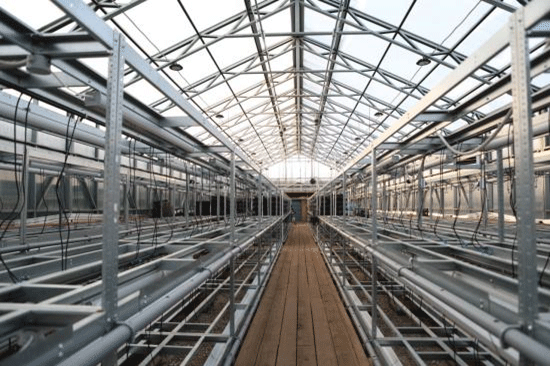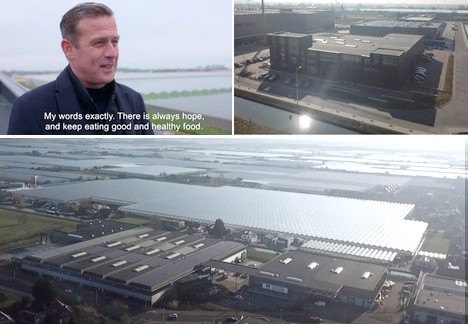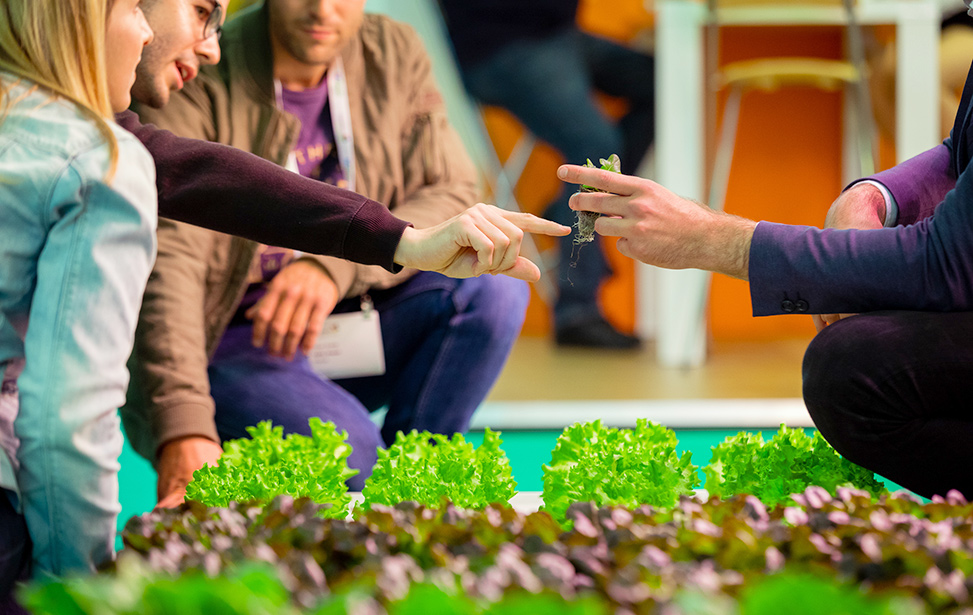In Irkutsk, the municipal enterprise “Gorzelenkhoz” has taken a monumental step towards modernizing its agricultural infrastructure. Nine state-of-the-art greenhouses have been installed, marking a new era in sustainable and efficient horticulture. These upgrades are designed to maximize productivity, reduce manual labor, and expand the variety of plants grown while embracing the principles of import substitution in the current economic climate.
Each greenhouse is built with double-layered durable film walls, measuring between 9.6 and 12 meters in width and 34 meters in length. A unique air-cushion system, created by hot air circulated between the film layers, provides superior insulation. Complementing this are energy-efficient lighting systems and automated drip irrigation, triggered by soil moisture sensors for precision watering.
Diverse Plant Cultivation and Increased Capacity
The upgrades have enabled “Gorzelenkhoz” to diversify and scale its operations. In three operational greenhouses, 1,140 rose bushes, 500 lilies, and 5,000 chrysanthemums are thriving. Additional crops, including lisianthus, statice, and asters, have also been planted. High planters ensure robust root system development for roses, while another greenhouse is dedicated to a growing collection of over 120 indoor plant species, expanded for year-round propagation.
In five more greenhouses, hydroponic systems are being installed, with plans to plant tulip bulbs by year-end. These systems ensure efficient nutrient delivery and water use, a significant upgrade from traditional methods. Seasonal flowers will also find their place in these facilities, underscoring the adaptability of the new infrastructure.
Economic and Environmental Impacts
The modernization project, initiated several years ago, is now yielding remarkable results. According to Irkutsk Mayor Ruslan Bolotov, the upgrades have drastically improved operational efficiency and enabled a manifold increase in output. From producing 600,000 to 700,000 annual plants and 500,000 to 550,000 cut flowers, the enterprise is setting new records in productivity. For instance, a record 600,000 tulips were planted for International Women’s Day in 2024, while over 1,700 rose bushes and 500,000 annual flowers adorned city parks and gardens during the summer season.
The enterprise also focuses on sustainable practices by preparing its soil mixtures in-house and carefully selecting suppliers for seeds, bulbs, and cuttings. This attention to detail ensures the highest quality products while minimizing reliance on external inputs.
The transformation of “Gorzelenkhoz” demonstrates how technological innovation and targeted investments can revolutionize municipal horticulture. By integrating advanced greenhouse designs, automation, and sustainable practices, the enterprise not only enhances local food and flower production but also supports regional economic resilience. This model could inspire similar initiatives across Russia and beyond, promoting sustainable growth in urban agriculture.










